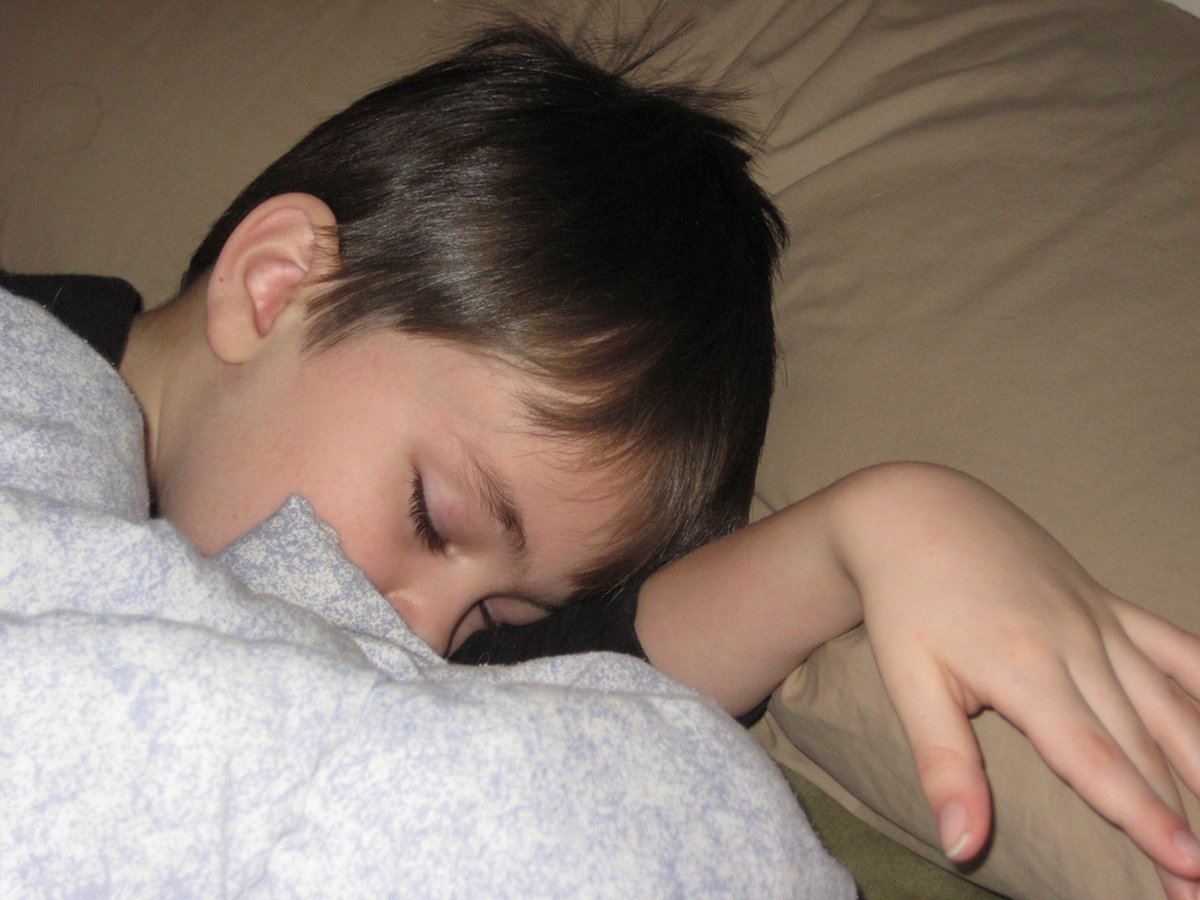Table of Contents
When adults become infected with enterovirus, they often only develop mild symptoms. Children are the most at risk for severe symptoms and hospitalization.

Severe Symptoms in Some Children
According to the Children’s Hospital of Pittsburgh, anyone can become infected with the virus. But it tends to affect children, teens and those with a weakened immune system more seriously than it affects adults. This may be because adults are likely to have been infected with the virus during their lifetime and have developed some immunity. Children may not have developed immunity and may become sicker when infected.
Most children who have been hospitalized due to infection with enterovirus 68 have severe respiratory symptoms, such as shortness of breath and wheezing. Children who already have asthma seem to be at the highest risk of respiratory complications.
Although breathing problems are the most common complication of the virus, additions problems have also developed. According to the Children’s Hospital of Philadelphia, a small number of children have developed complications including encephalitis and meningitis.
There has also been a small number of children who developed polio-like symptoms, such as limb weakness, after becoming infected with enterovirus 68. But researchers caution a definite link between the two conditions has not been established.
Treatment and Prevention of Enterovirus 68
Since enterovirus is due to a viral infection, antibiotics are not effective in treating it.
In mild to moderate cases of the illness, treatment may be similar to a cold and is aimed at reducing symptoms. Treatment, such as drinking plenty of fluids, rest and acetaminophen for fever and aches, may make a child more comfortable.
In children who are having serious respiratory symptoms, professional medical treatment is needed. Some children will be administrated aerosol breathing treatments to open up their lungs and ease symptoms, such as wheezing. Oxygen may also be needed if breathing is difficult. In the worse instances, children will require assistance breathing from a mechanical ventilator until symptoms have improved.
Parents should keep infected children away from siblings or those who have a weakened immune system to prevent spreading the illness. In mid-October 2014, the CDC has developed a faster lab test, which is being implemented nationwide to diagnose enterovirus 68 quickly.
See Also: Stomach Virus: Vomiting and Diarrhea Treatment
Children should be encouraged to wash their hands frequently. They should also be reminded to avoid touching their nose or putting their fingers in their mouth. Parents should keep children away from individuals who are ill. Frequently disinfecting commonly used surfaces and items, such as sinks, table tops and toys, may also help prevent the spread of the virus.
Although media reports can be frightening, most children with enterovirus 68 do not experience complications. On the positive side, the CDC expects the number of infections with enterovirus 68 to taper off by late fall 2014.
- www.enterovirusfoundation.org/symptoms.shtml
- www.chop.edu/news/enterovirus-d68-what-you-should-know#.VFqBj2ctDIU
- www.chp.edu/CHP/enterovirus+d68
- www.healthychildren.org/English/health-issues/conditions/infections/Pages/Reports-of-a-Severe-Respiratory-Illness-on-the-Rise.aspx
- Photo courtesy of Loren Kerns by Flickr: www.flickr.com/photos/lorenkerns/8395968986
- Photo courtesy of madaise by Flickr: www.flickr.com/photos/madaise/2221482519
- farm9.staticflickr.com/8219/8395968986_5fd9526db1_b.jpg


Your thoughts on this